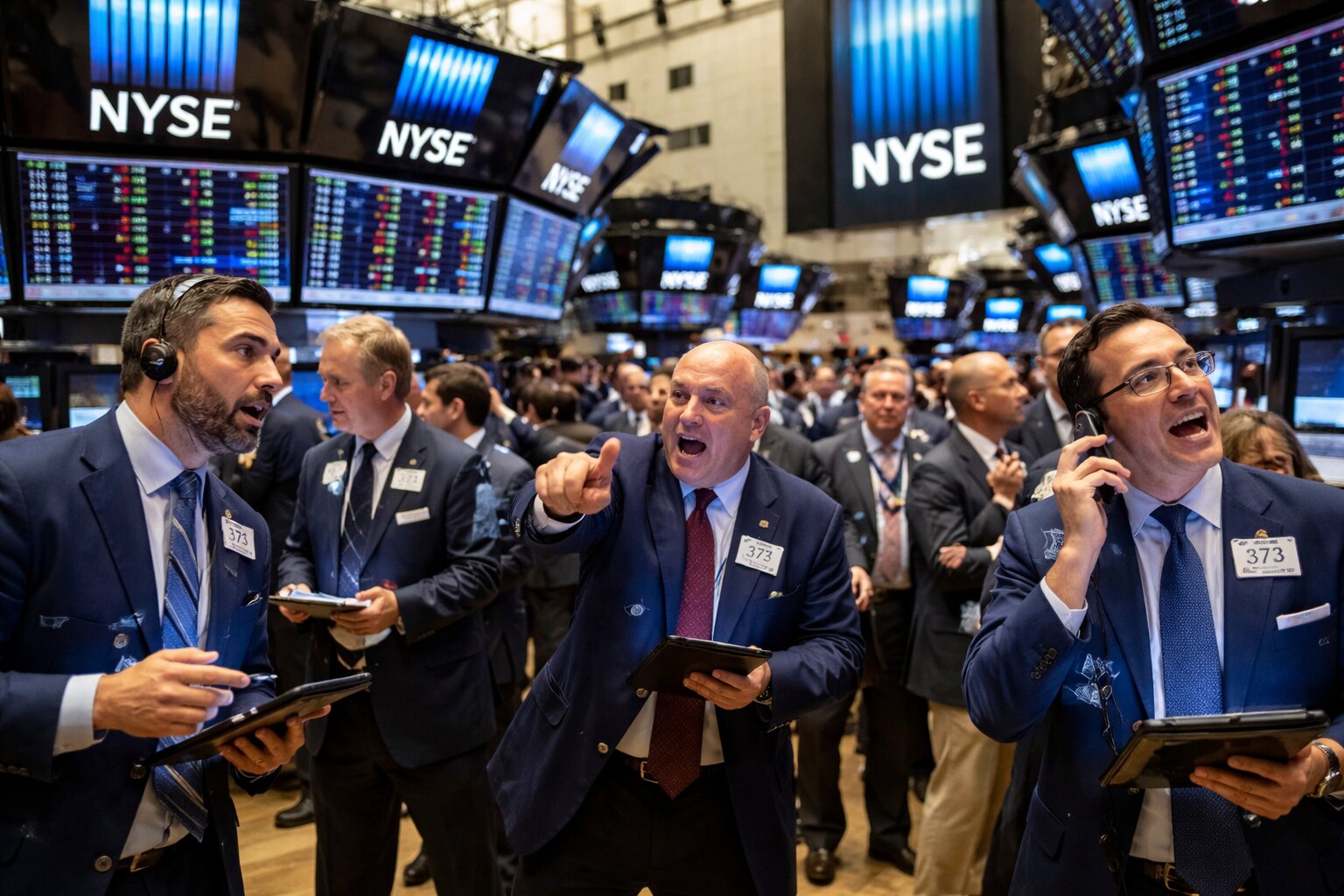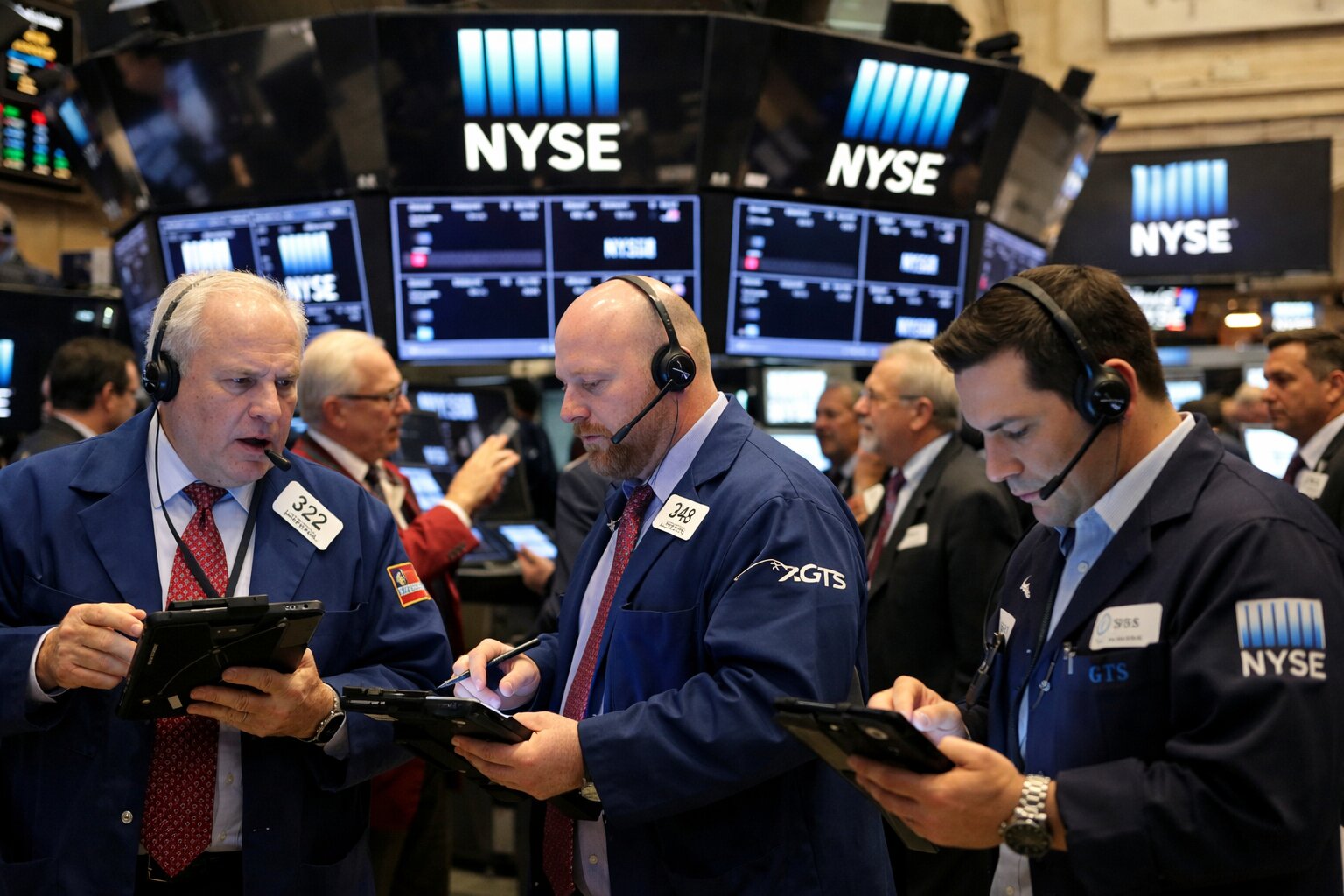Germany Enters Recession as High Prices Take Toll on Economy
Factors Behind Germany's Recession and the Road to Recovery
Germany, the largest economy in Europe, has officially entered a recession as the country grapples with the impact of the energy crisis and persistently high prices. Revised figures reveal that the German economy contracted by 0.3% in the first quarter of 2023, following a 0.5% contraction in the previous quarter. The technical definition of a recession is two consecutive quarters of negative growth, highlighting the economic challenges facing the country.
The energy crisis, triggered by Russia's invasion of Ukraine and subsequent decisions by European leaders to cut ties with Moscow, has had a severe impact on Germany. Russian gas supplies, on which Germany heavily relies, dried up, leading to energy shortages and increased prices. As a result, household spending on essential items such as food, clothing, and furniture declined significantly. The rise in energy prices also affected businesses, with industrial orders weakening as higher costs put pressure on profitability.
Inflation has been a major concern for Germany, with the country experiencing an inflation rate of 7.2% in April, surpassing the euro area average but remaining below the UK's 8.7%. Higher prices have weighed on household budgets, reducing purchasing power and impacting consumer spending. Additionally, government spending decreased by 4.9% as grants for electric and hybrid cars were scaled back, leading to a decline in car sales.
The recession was less severe than initially predicted, considering Germany's heavy reliance on Russian energy. A milder winter and the reopening of China's economy helped alleviate some of the impact of higher energy prices. Private sector investment and exports showed signs of growth, providing some respite to the economy. However, these positive factors were not enough to pull Germany out of the recessionary "danger zone," as the overall economic conditions remained challenging.
Analysts warn that the weakness in the German economy is likely to persist in the coming quarters. Indicators suggest that the second quarter of 2023 may see a continuation of the subdued economic performance. Factors such as higher interest rates and reduced consumer and investment confidence are expected to weigh on the economy. Furthermore, the ongoing economic weakness in other developed markets could also affect German exports.
Despite the recessionary conditions, there are factors that offer hope for the German economy. The German central bank, the Bundesbank, expects a modest rebound in the April to June quarter, driven by a recovery in industrial activity. The government's measures to expand renewable energy production and attract foreign workers are also expected to support economic growth in the long term. Investments in battery and ship factories, along with a focus on clean energy, are viewed as drivers for future economic expansion.
However, uncertainties remain, and the economic outlook for Germany remains challenging. The impact of the energy crisis, coupled with high inflation and interest rates, poses significant headwinds for the German economy. The effects of the recession may continue to be felt in the third and fourth quarters of the year, as consumption, investment, and exports face ongoing challenges.
Germany's entry into a recession reflects the adverse effects of the energy crisis and high prices on the country's economy. The decline in consumer spending, reduced government expenditure, and weakened industrial orders have contributed to the economic downturn. While there are signs of resilience in certain sectors, the overall economic environment remains uncertain. The German government's focus on renewable energy and attracting investments provides hope for future economic recovery, but the road ahead remains challenging. It is crucial for policymakers and businesses to navigate these challenges and implement strategies that foster economic resilience and long-term growth.
The current situation calls for proactive measures to address the energy crisis, such as diversifying energy sources and reducing dependence on volatile suppliers. Moreover, targeted policies to mitigate inflationary pressures and support consumer spending are essential to revive economic activity. Encouraging domestic and foreign investments in key industries, particularly those aligned with sustainable development and clean energy, can stimulate job creation and economic progress.In conclusion, Germany's entry into a recession highlights the vulnerabilities exposed by the energy crisis and high prices. The path to economic recovery requires a comprehensive approach that addresses both short-term challenges and long-term structural reforms. By fostering innovation, sustainability, and resilience, Germany can emerge stronger from this period of economic hardship. With prudent policies and strategic investments, the country has the potential to build a more resilient and prosperous future.
Read More
-
GPIQ ETF Price Forecast: Can a 10% Yield at $52 Survive the Next Nasdaq Selloff?
09.02.2026 · TradingNEWS ArchiveStocks
-
XRP ETF Price Forecast: XRPI at $8.32, XRPR at $11.86 as $44.95M Inflows Defy BTC and ETH Outflows
09.02.2026 · TradingNEWS ArchiveCrypto
-
Natural Gas Futures Price Forecast: Will The $3.00 Floor Hold After The $7 Winter Spike?
09.02.2026 · TradingNEWS ArchiveCommodities
-
Stock Market Today: Dow Back Under 50K While S&P 500 and Nasdaq Push Higher as Gold Reclaims $5,000
09.02.2026 · TradingNEWS ArchiveMarkets
-
USD/JPY Price Forecast: Can Bulls Clear 157.5 Without Triggering a 160 Intervention Line?
09.02.2026 · TradingNEWS ArchiveForex



















